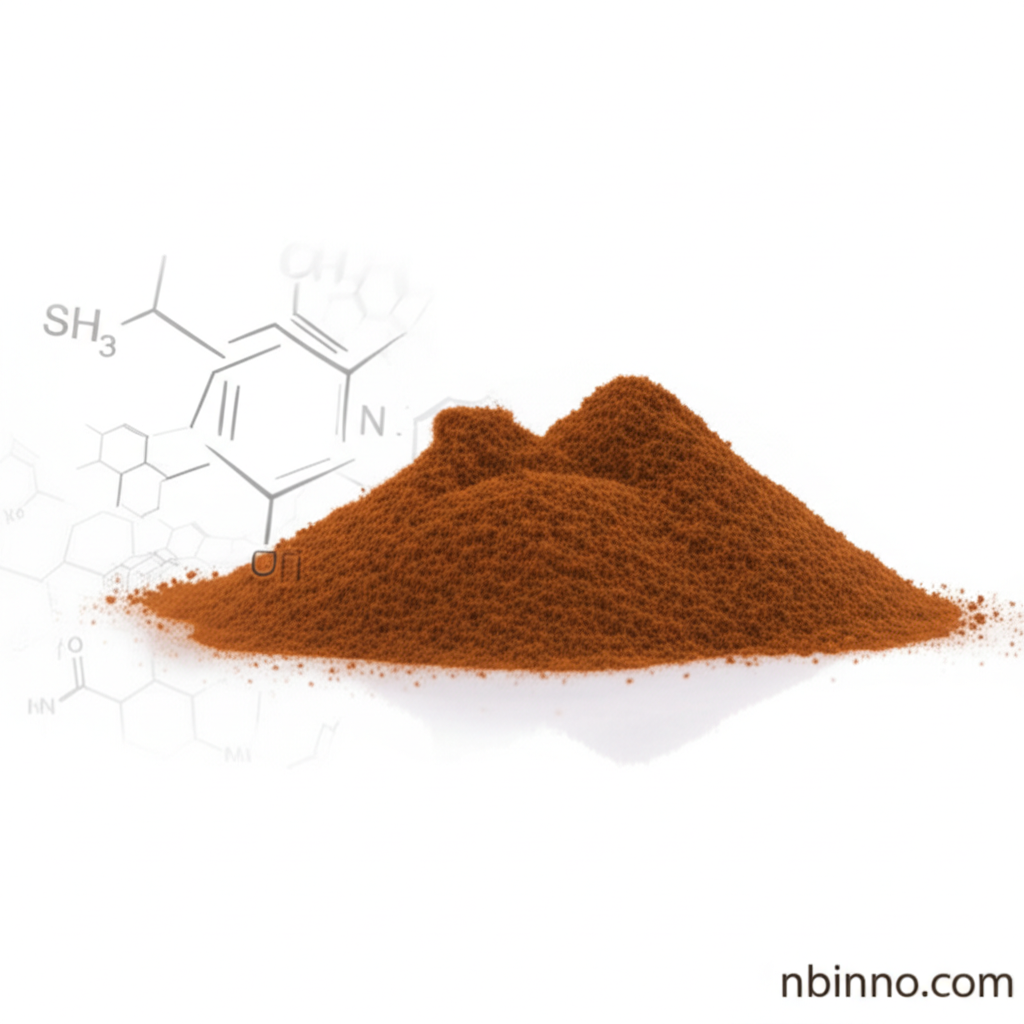Styrene Butadiene Rubber (SBR): Properties, Applications, and Benefits for Industrial Use
Discover the versatility of SBR, a key synthetic rubber driving innovation across industries with its exceptional properties and cost-effectiveness.
Get a Quote & SampleProduct Core Value

Styrene Butadiene Rubber (SBR)
Styrene Butadiene Rubber (SBR) is a synthetic rubber copolymer derived from styrene and butadiene monomers. It is one of the most widely produced and utilized synthetic rubbers globally, serving as a cost-effective alternative to natural rubber. SBR offers a compelling balance of properties, including excellent abrasion resistance, good tensile strength, and flexibility, making it suitable for a broad spectrum of industrial applications. Its development dates back to the early 20th century, driven by the need for reliable rubber substitutes, and it has since become indispensable in various sectors.
- Explore the properties of styrene butadiene rubber, highlighting its excellent abrasion resistance and tensile strength, crucial for demanding applications.
- Understand the industrial use of styrene butadiene rubber, from automotive components to consumer goods, showcasing its versatility.
- Learn about the advantages of SBR rubber, particularly its cost-effective nature compared to natural rubber, making it an attractive choice for large-scale production.
- Discover the typical applications of SBR, including its dominant role in the manufacturing of vehicle tires, where its durability is paramount.
Key Advantages of SBR Rubber
Superior Abrasion Resistance
SBR rubber exhibits excellent abrasion resistance, making it ideal for applications subjected to significant wear and tear, such as tire treads and conveyor belts, contributing to extended product lifespan.
Cost-Effectiveness
As a cost-effective synthetic rubber, SBR provides a strong alternative to natural rubber, offering comparable or superior properties in many cases without the higher price point.
Good Tensile Strength and Flexibility
The material possesses good tensile strength and flexibility, allowing it to withstand stretching forces and maintain its integrity, which is crucial for applications like hoses and seals.
Key Applications of SBR Rubber
Automotive Industry
SBR is widely used in the manufacturing of car tires due to its excellent abrasion resistance and durability, ensuring longer-lasting and reliable performance on the road.
Footwear Manufacturing
In the footwear industry, SBR is a popular choice for shoe soles and heels, owing to its good abrasion resistance and flexibility, providing comfort and longevity to footwear.
Industrial Seals and Gaskets
The good resistance to water and most chemicals makes SBR suitable for producing industrial seals and gaskets used in automotive and manufacturing sectors.
Conveyor Belts and Hoses
SBR's excellent abrasion resistance and high tensile strength make it a preferred material for conveyor belts in mining and agriculture, as well as for various industrial hoses.
